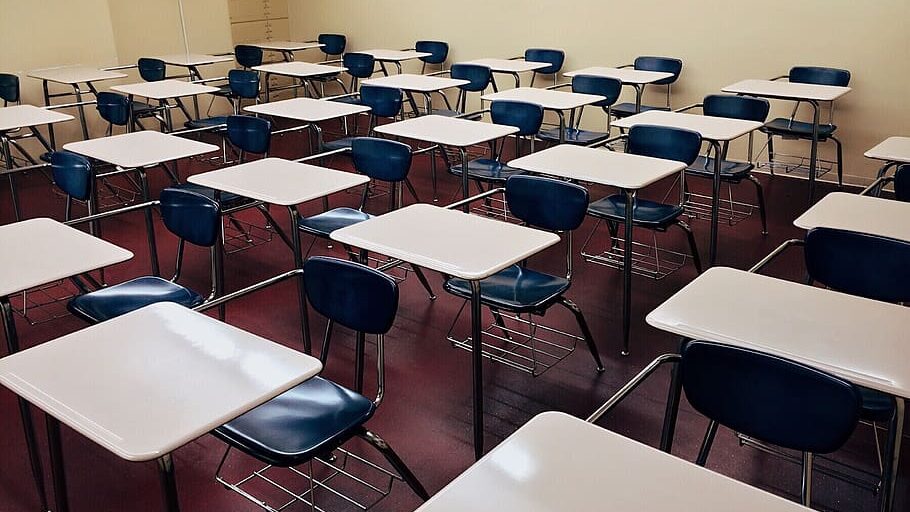
In the name of tolerance, diversity, and inclusion, some public school teachers in the Frankfurt metropolitan area in Germany are unilaterally imposing Islam—arguably the world’s most intolerant religion—on their pre-teen students.
For the Islamic holy month of Ramadan, which began March 10th, a pair of primary school teachers took it upon themselves to prohibit fifth-grade students from drinking water in their classrooms out of consideration for a few Muslim pupils fasting.
Muslims observing Ramadan are required to refrain from eating or drinking anything, including water, from sunrise to sunset.
A father, whose daughter is a student of one of the teachers who imposed the drinking ban, recounted to the German news portal NiUS how he learned was taking place in the classroom.
“At dinner, we always talk about how the day was. I asked my daughter what was new at school. She then told us that two teachers have forbidden the students from drinking in class because three of the 27 children were fasting,” he said.
Under normal circumstances, the father continued, the schoolchildren have their water bottles placed on their desks and can drink in class as they please. “You can always fill up your bottles in the hallway outside, there’s a water dispenser.”
My wife and I “found this announcement strange,” the father continued. “On the one hand, the children in fifth grade are between 10 and 11 years old. Even for religious Muslims, the fasting requirement only applies from the age of 14. And, the fact that 24 children have to take three children into consideration when it comes to basic physical needs—that is a strange intervention.”
The parents have told their daughter that she, despite the teacher’s Ramadan order, ought to go ahead and drink water whenever she feels thirsty.
The announcement issued by the teachers is not a schoolwide mandate, according to the girl, who told NiUS that she has friends in other classrooms who have not been told by their teachers that drinking in class during the Islamic holy month isn’t allowed.
The school has yet to respond to press inquiries, and it remains to be seen whether the teachers in question will face any disciplinary action from the school’s administration.
This year, Frankfurt, one of Germany’s most culturally and ethnically diverse cities, with half of its population, and a majority of its young people having migration backgrounds, became the first German city to illuminate its streets with festive lights during Ramadan—a move that hasn’t been well received by the German public, to say the least.
An RTL opinion poll published shortly after the lights first appeared revealed that more than 9 of 10 out of the 45,000 respondents rejected the idea of Ramadan decorations in German cities.
When asked: “Do you think the Ramadan lighting in German city centers is good?” 92% of respondents agreed with the following statement: “No, I find that inappropriate.” A mere 6% answered yes to the question, while the remaining 2% abstained.
Meanwhile, elsewhere in Germany, a 16-year-old schoolgirl was cautioned by police for posting videos on social media supporting the antiglobalist, anti-immigration Alternative für Deutschland.
